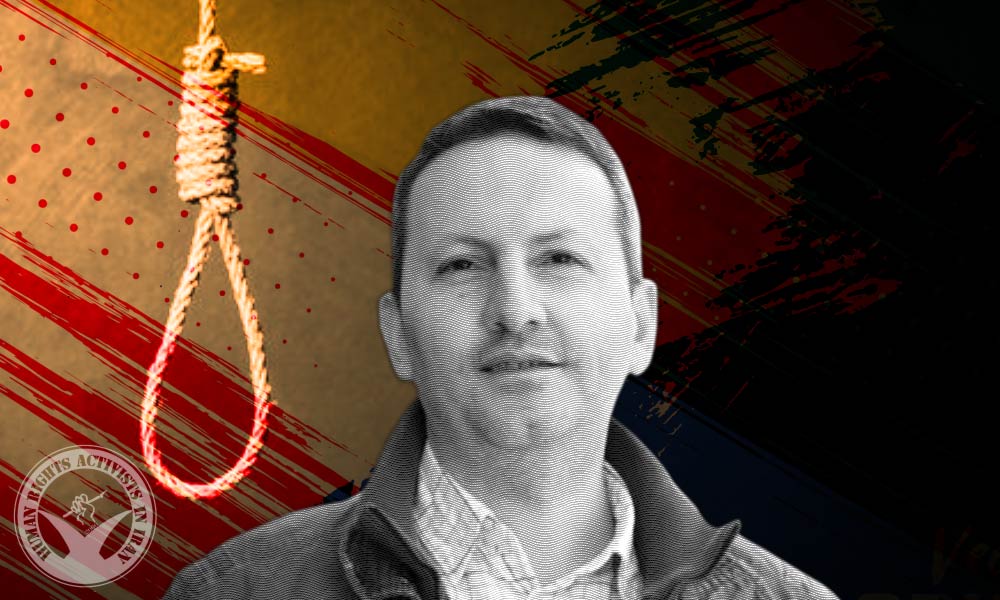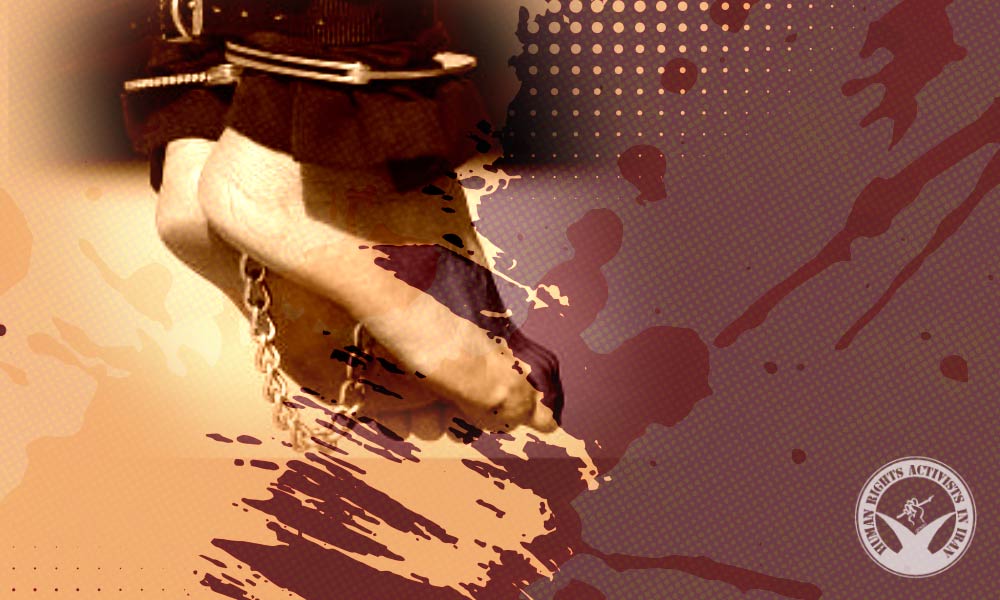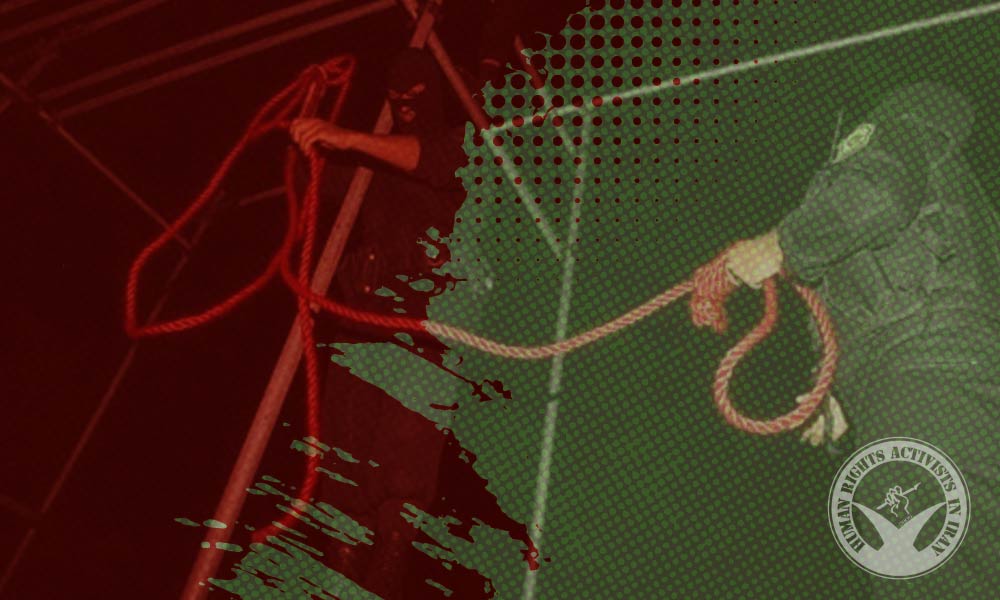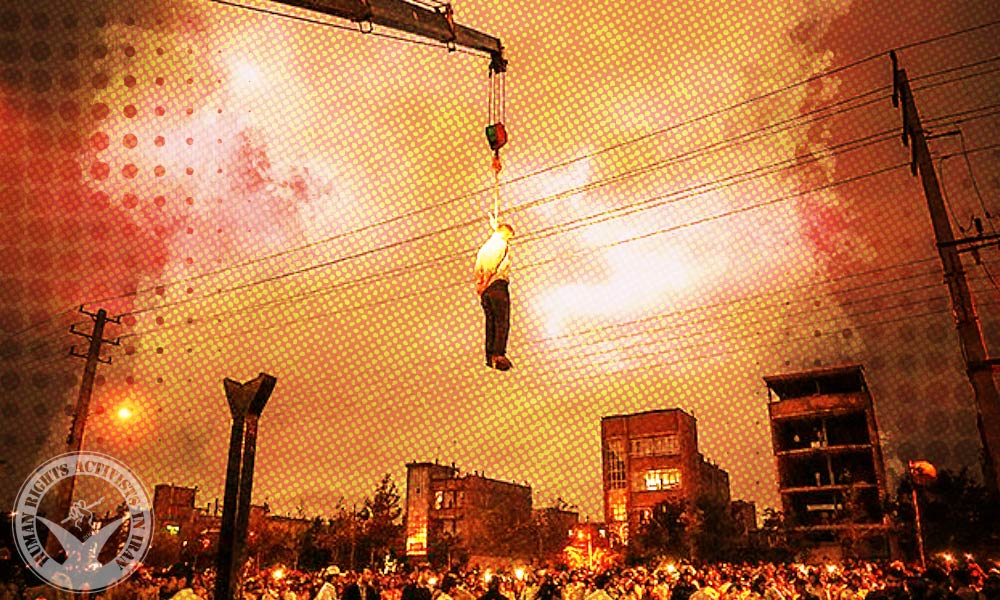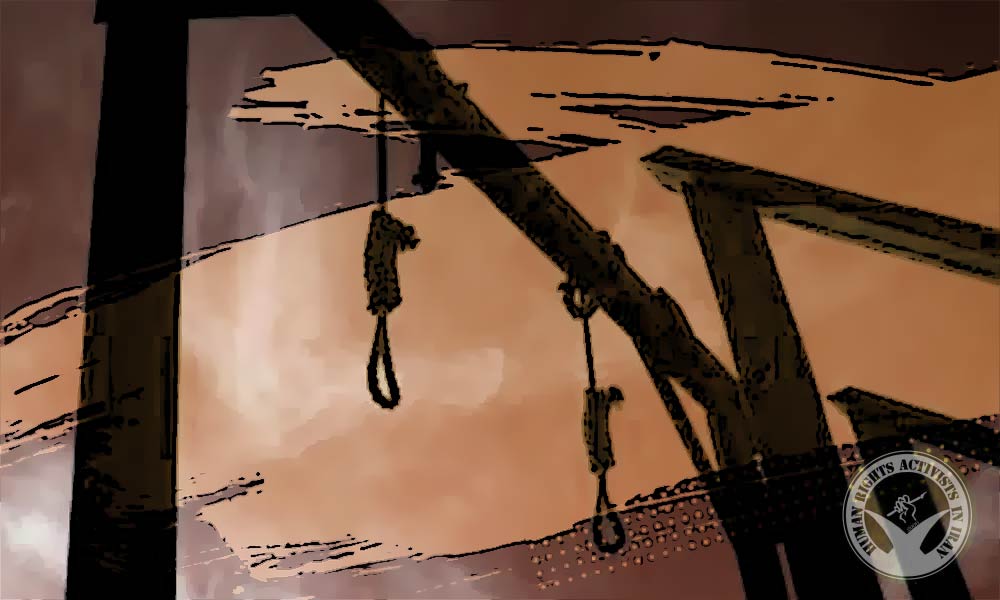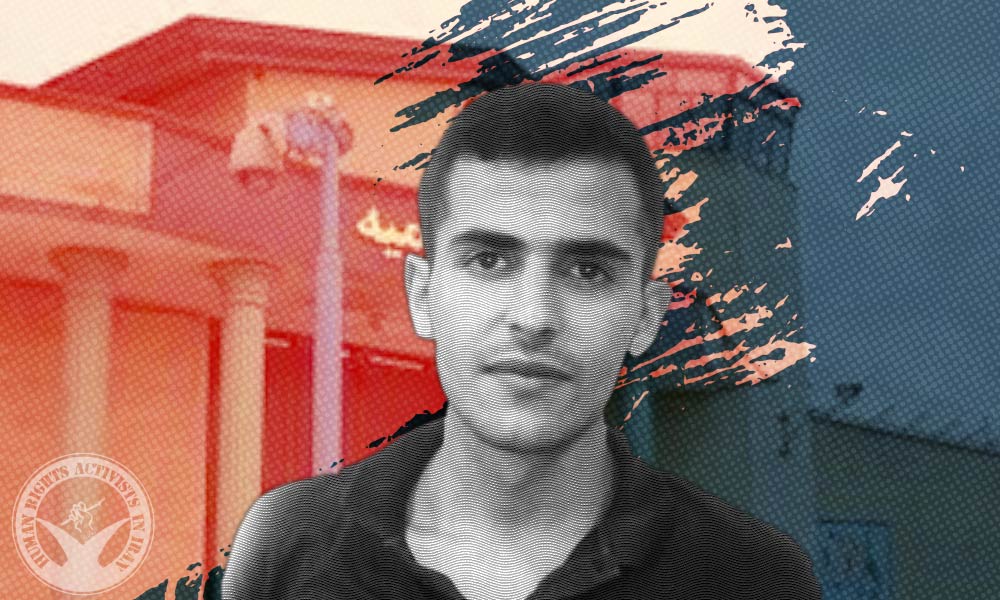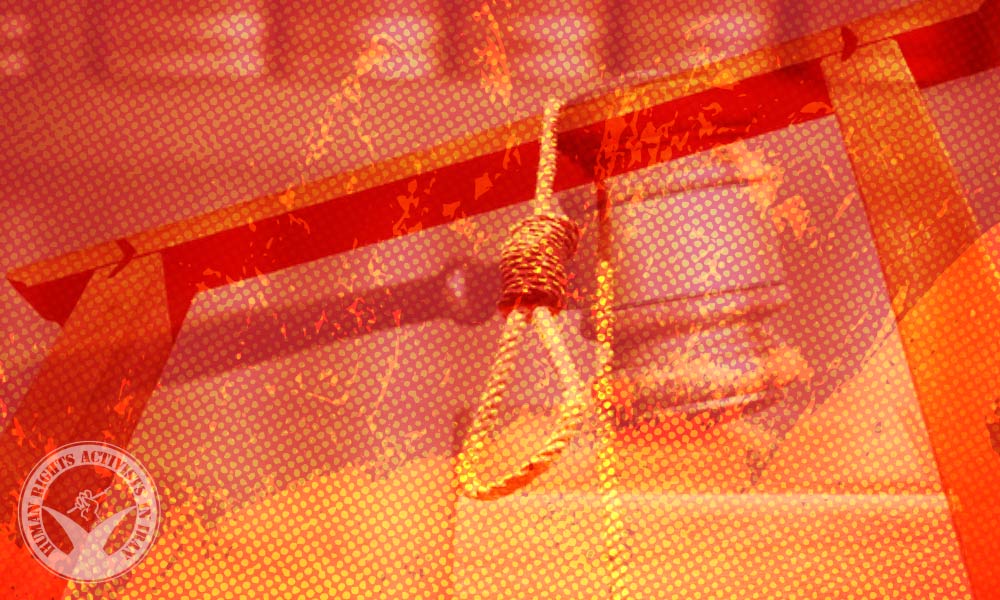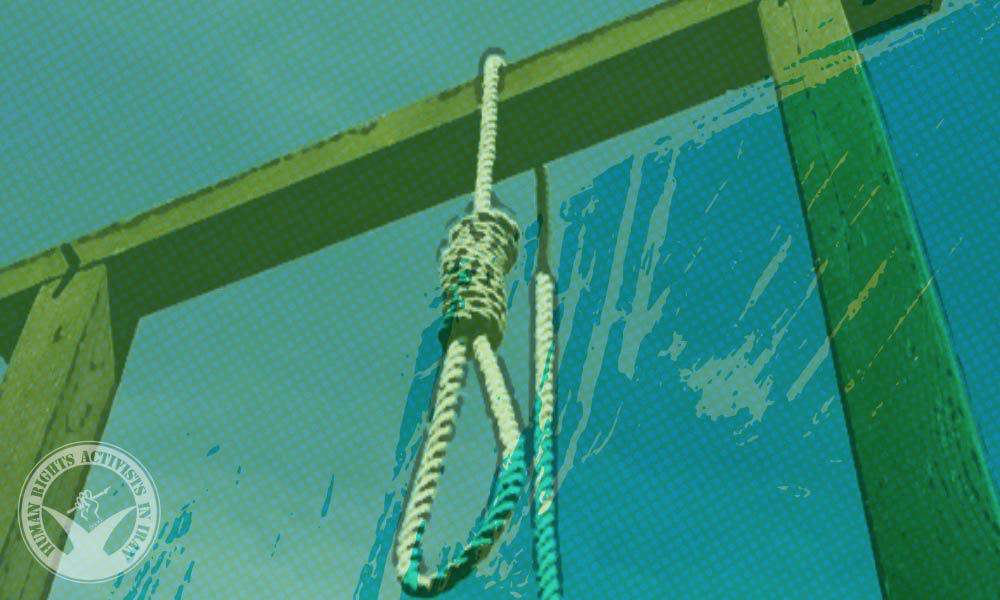Quoting an informed source, ISNA reports that imprisoned Iranian-Swedish national Ahamd Reza Jalali is to be executed by May 21, 2022.
Jalali’s death sentence was previously upheld by the Supreme Court of Iran on the charge of espionage which he has vehemently denied and was seen as a political manoeuvring against those who invited him and to force concessions from the Swedish government
The announcement today has also raised concern that the Iranian regime intends to use Professor Jalali to force the Swedish government to free Hamid Nouri, an Iranian official who is on trial and accused of participating in the 1988 execution of political prisoners. This trial is coming to an end as the Swedish government has asked for a life sentence for Nouri based on evidence from a lengthy trial.
Professor Jalali, who travelled to Iran in May 2016 at the invitation of the University of Tehran, was arrested by security forces on charges of “enmity against God (Moharebeh) through espionage for Israel”. Moharebeh, loosely translated as “waging war against God”, is a pillar of Sharia Law which is typically applied to those suspected of connection to acts against the state.
Mr. Jalali was sentenced to death for espionage, and the sentence was upheld by the Supreme Court in December 2017.
Ahmad Reza Jalali worked at the Center for Natural Disasters after graduating from medical school in Iran. He immigrated to Sweden in 2009 to continue his studies and earned a doctorate. He completed his postdoctoral in Disaster Medicine at the University of Piedmont in Italy, and later, settled in Sweden with his wife and two children.
According to a report published by HRANA in November 2020, Ahmad Reza Jalali was transferred to solitary confinement for a week to be prepared for execution. In December of that year, his attorney Mrs. Mousavian was informed that her client’s death sentence was put on hold and he was transferred to ward 209 of Evin prison.
“Fortunately, Mr. Jalali was transferred to a public ward in April, but so far, despite all the efforts, his death sentence has not changed,” Mousavian said. “I am very worried about my client, especially now that the presidential election is over. Despite my repeated expressions of concern, no effective action has been taken by the country of dual citizenship and the European Union.”



